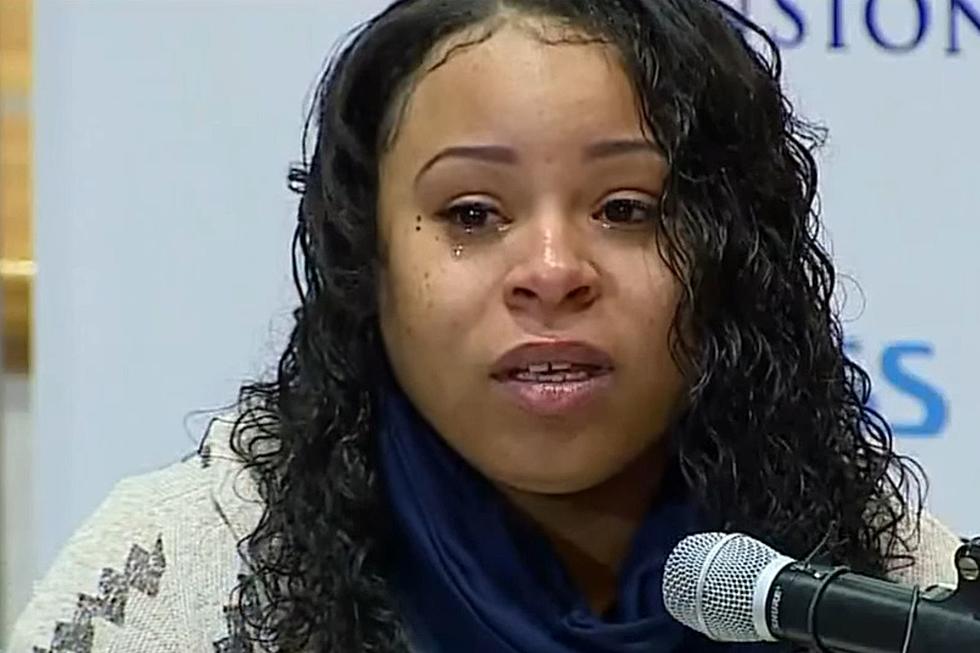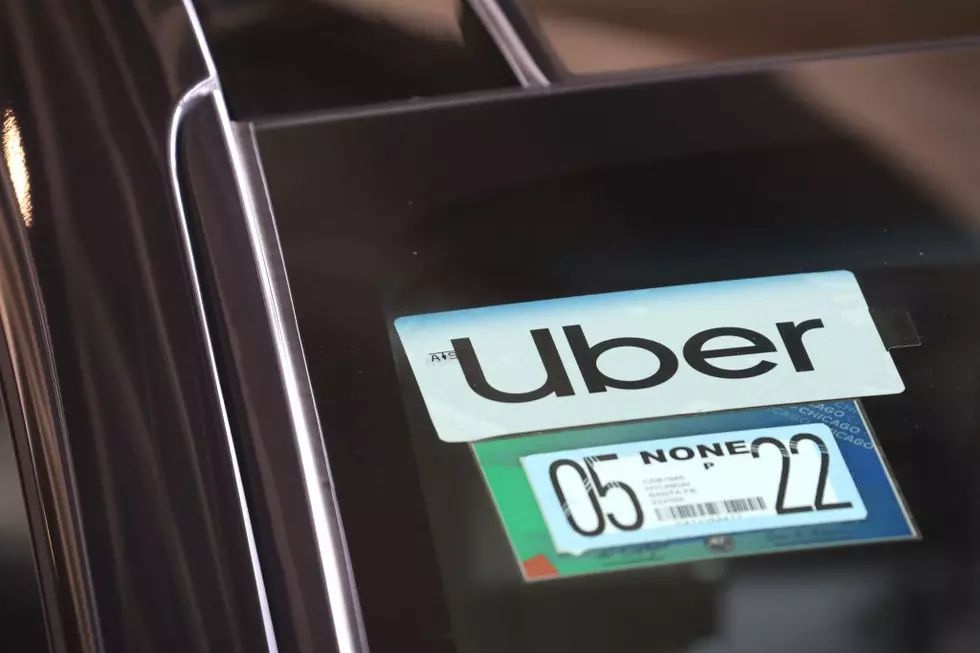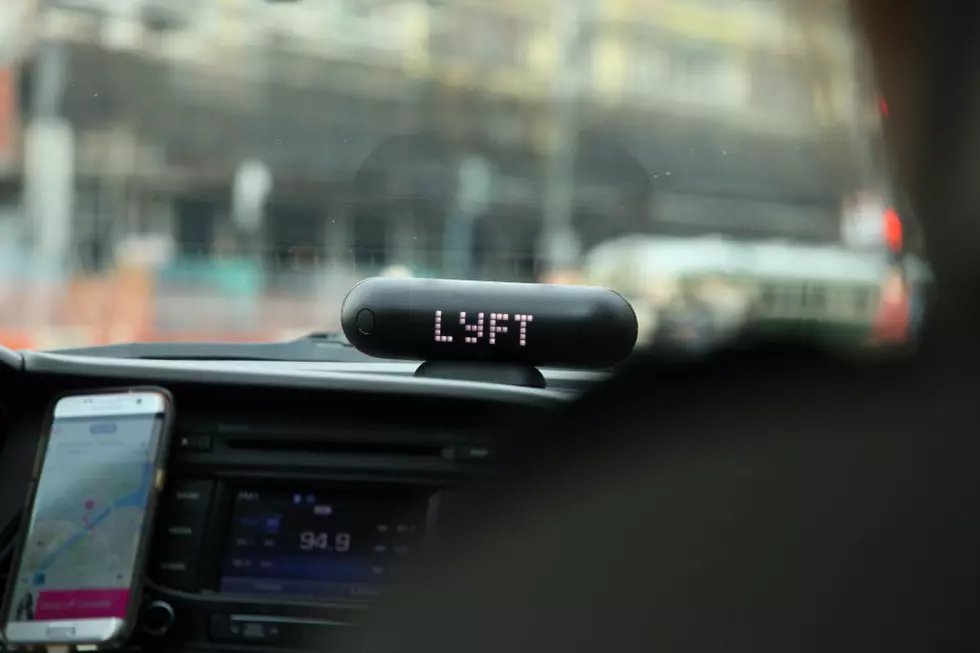
Grand Rapids Won’t Regulate Uber Drivers, Why Stop There?
Uber is a controversial app which allows anyone to turn their car into a taxi and make money giving rides.
The City of Grand Rapids has announced it will not regulate or license Uber drivers at this time.
Does it still make sense to continue to regulate other established cab companies in Grand Rapids?
Uber is in dozens of cities around the world. Uber arrived in Grand Rapids last month. On August 11, the City of Grand Rapids released a statement saying that they would not be taking a position on Uber.
Uber's arrival is often met with protests from cab companies. The cab companies are upset that they have to spend time and money meeting standards for licensing and ordinances, while Uber drivers do the same job with no such requirements.
It's easy to see why cab companies are upset.
Cities and states don't know what do to.
The regulations around D.C. vary greatly depending on where your ride began.
In Virginia, riders must be covered by insurance and drivers have to go through background checks. Who is required to provide the insurance for riders is a debated issue.
Maryland says Uber must face the same regulations as cab companies. Uber is appealing and argues that they are a technology company, not a transportation company, so they aren't governed by state regulations.
In D.C. there are no regulations, for now. The city council will revisit this issue this fall.
Harvard Business Review hits on another technicality Uber is running into:
The key issue so far has been whether Uber is providing taxi services and if so, this would require owning medallion licenses (which are expensive and in limited supply) and strict regulation. Uber has successfully argued that since its vehicles aren’t hailed from the street (a key privilege of a medallion), it’s not offering taxi services. While this distinction is subtle (using their app is so convenient that it’s arguably easier than hailing on the street), so far Uber’s argument is holding up in government decisions.
Let's be real. Uber IS providing a taxi service.
Is that so bad?
Uber uses technology to keep one step ahead of government regulations to make money.
Good for them, but bad for established cab companies.
Why don't we worry less about if or how we should be regulating Uber and start worrying about why we still regulate cab companies?
Technology is making traveling by cab more efficient. Regulations make travel by cab more expensive.
Without regulation individual drivers and cab companies can still choose to offer insurance, driver background checks, special licensing, and more. But the popularity of Uber shows that many riders feel safe enough to choose to pay to ride without these extra steps.
Grand Rapids decided to stay out of the way of Uber and let it run in Grand Rapids. Now it's time to open up opportunities for riders and cab companies by allowing cab companies to operate with the same freedoms that Uber drivers enjoy.
More From 100.5 FM The River









